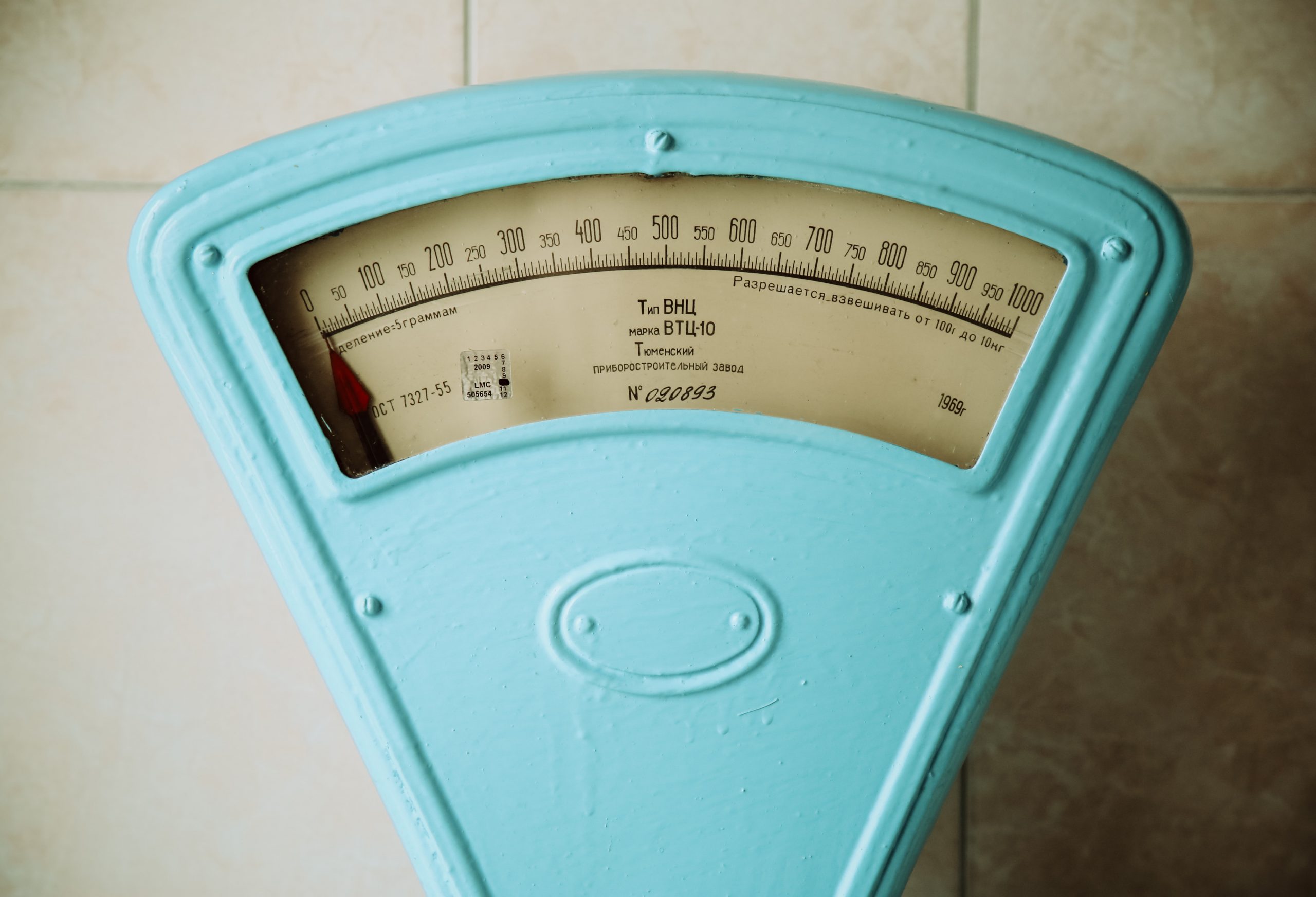To survive we have a series of ‘needs’ that, pardon the pun, need to be met. Once we have these basic needs met our wants can (but don’t have to) improve our lives. However, for most of us, our lives are spent beyond these basic requirements. We have access to food, water, shelter, and if you’re reading this you are probably relatively safe too. Thus, making the question of ‘wants’ versus ‘needs’ more interesting because I doubt many of us think in terms of true needs.
Now more than ever this topic is incredibly important, and I think it needs to be revisited. We’re in a time of crisis when what we want and what we really need is clearer than it has been in years. Knowing what is essential and what we don’t need can be a very powerful tool; one that we can use to our advantage. There is a difference between ‘I need food’ and ‘I want a steak’ and finding the balance between the two of them can go a long way, especially if your financial situation isn’t as great as it used to be.
When it comes to ‘want’ versus ‘need’ we know that at the most basic level our needs are pretty simple: water, food, shelter. We need to keep this lens in place as we start evaluating our choices. I think it makes sense to dig a little deeper into ‘wants’ and ‘needs’ to start helping to paint that picture. You can eat to survive but having a few things you actually want to eat can make your life a lot better.
Needs
At the end of the day, we need food, shelter, and companionship, pretty simple. Most of those things can be acquired pretty simply. Fruits, vegetables, some protein and you’re probably ok on the food front (yes that’s oversimplified). When it comes to shelter as long as you’re out of the elements you’re probably good, before the comments start, the purpose of shelter is to make sure you are safe and protected. A 10,000 sq ft house is not roughing it, people make do with a lot less all the time. Companionship is a little more challenging but to keep things simple we’ll assume that you have friends and family that helps cover this need. Beyond these needs, everything else starts falling into the category of a want.
Wants
What are wants? Anything beyond the necessary can be classified as a want. You need to have food but buying 4 bags of chips and a case of soda when you’re in the grocery store doesn’t fall into the category of a need. Those are things that you want and most of the time they’re things you buy out of habit. The really hard part with food is that the things you need are pretty basic and often not very exciting, so we get things that we want and call them the things we need. This can be a tricky balance because I doubt that most of us would be very happy eating rice and beans all time though it probably captures the basic needs.
Beyond food, it does become a little easier to define wants and needs. Do you need to have the latest cell phone? If you have a perfectly functional phone then the answer is a resounding no. Expand that out to things like transportation, clothing, entertainment and you can pretty easily see that our day to day lives are filled with wants and not as many real needs.
Finding the balance
When it comes to your spending you have to understand this balance between want and need and plan accordingly. The trick will be finding the balance where you get what you need and a few things that you want without breaking the bank. It might be a little difficult at first because we are creatures of habit, but in the long run, you can only benefit from this. The magic question is how do you find this balance? An approach I’ve taken in the past is by asking myself 3 simple questions (answering truthfully is harder than it looks):
- · Do I need this item or just want it?
- · Can I afford it?
- ·Should I spend the money?
The first question you should ask yourself is do I really need this or just want it?
Answering the question honestly is the first step. If you’re in the candy aisle and having the mental discussion about NEEDING that big bag of Skittles, you might want to ask yourself the question a second time. If you want a little practice with this when you get home from the grocery store look at your receipt and run down the list of things you got and ask yourself – do I need that or just want it? You might be surprised.
The second question you should ask yourself is can I afford it?
Surprisingly this question is just as challenging as the first, we convince ourselves of things all the time and then find ways to justify the choices. I’ve caught myself trying to justify that I can splurge a little on an item (like a shirt) but the reality is if I really asked myself this question, I wouldn’t be able to answer it without checking. If you don’t know how much money you spend regularly then that might be the first question to ask yourself. The details of my spending have surprised me a few times.
In times like these, when a lot of people are out of work this question becomes harder, could you afford the fancy steak for dinner? Maybe you could in the past, maybe you can get it on credit. If you know your finances and can honestly say that you can afford that extra treat for yourself then by all means. Just getting the things we absolutely need doesn’t make life very interesting.
The final question is Should I spend the money?
The answer to this question is made a lot easier if you can honestly answer the first two. I’ll explain this with an example: Say you’re at a clothing store looking at some shirts. You’ve established that you don’t need the shirt because you have a bunch at home (that’s the first question). You also know that you can afford it, your budget allows you to get the shirt without putting yourself into any debt (we’ve passed the second question). At this point you get to the final question should you spend money on this shirt? This is up to you but if you have a closet full of shirts and this one is similar to 5 others then the answer might be no. You want a new shirt but don’t need one.
The habit of consumerism
Over the years we’ve been conditioned to spend, spend, spend and the line between wants and needs has blurred a lot. The key here is living within your means plain and simple. If you can do this then getting more “wants” isn’t a problem. If you stop to think about it, we get a lot of wants unconsciously and it’s a good habit to start by knowing what your balance between wants and needs is, especially in these difficult times.



